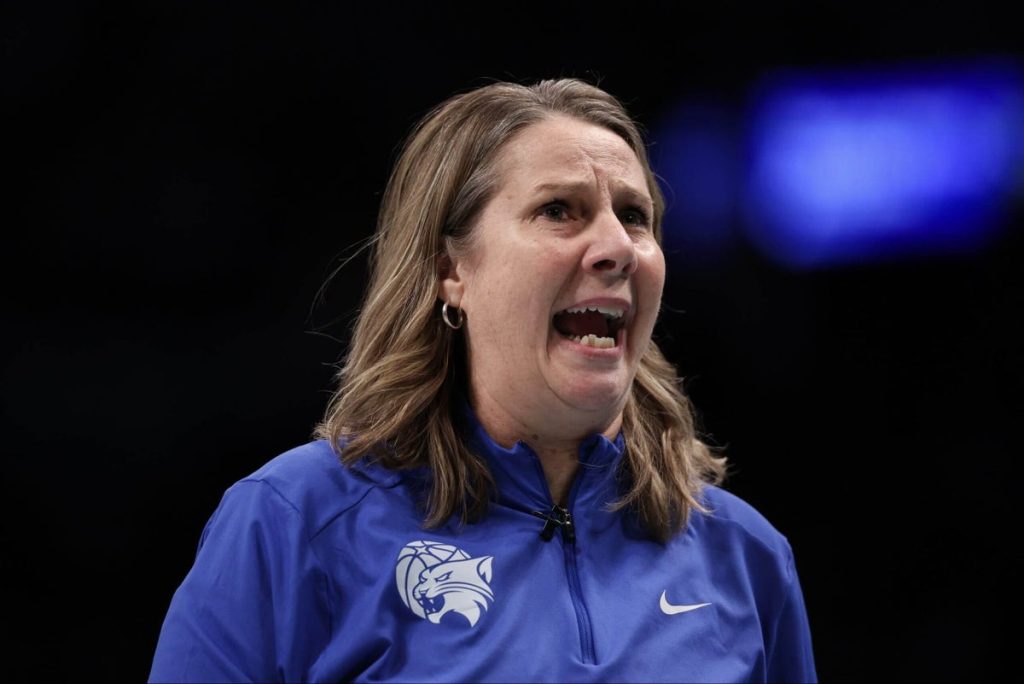The 2024 WNBA Finals, an intense series between the Minnesota Lynx and New York Liberty, was a memorable event due to its high competitiveness and record viewership. However, the quality of officiating during the series has attracted criticism, with many, including Lynx coach Cheryl Reeve, questioning the performance of the referees. Many fans and commentators felt the clash was diminished by what they perceived as poor officiating, suggesting that the integrity of the game was compromised.
The controversy surrounded primarily one controversial call toward the end of regulation, where Alanna Smith was penalized for an alleged foul on Breanna Stewart, amidst accusations of a missed travel violation. Various other potentially missed calls were highlighted, including instances of Napheesa Collier not receiving calls when she appeared to be fouled. Such incidences have led to allegations of bias favoring the team in the more significant media market.
This is not the first time Reeve has voiced her dissatisfaction with officiating in the WNBA, having previously accused the league of a long-standing issue with officiating standards. Both coaches in the series had voiced complaints about refereeing standards throughout the games. Nods of agreement also came from unrelated NBA stars, whose influence on social media have punctuated the debate around the competence and fairness of WNBA referees.
Despite the controversy, league commissioner Cathy Engelbert defended the league’s refereeing and downplayed the possibility of any bias. She pivoted the attention to fans’ passion and announced plans for the usual audit of referees, albeit without acknowledging the urgency for immediate improvements. Even so, the repeated public criticism by Reeve and other influential stakeholders is cause for concern, potentially inflicting reputational harm on the league.
The perception of fairness in sport is paramount as it dictates fan engagement. Therefore, regardless of whether fans complaining about officiating standards is a typical sports tradition, the WNBA must address the frequency of these complaints. These grievances have escalated to the point where they are challenging the quality of officiating, indicating a disparity between the conduct expected by fans and the standard delivered by referees.
In conclusion, while this series was undoubtedly a highlight for the sport, the clouded narrative around officiating standards has tainted this success. As the WNBA grows and gains recognition in the national sports media landscape, it becomes vital for the league to ensure better officiating to preserve the integrity of the sport and meet the expectations of its expanding fan base. Both teams involved and the entire league stand to gain from the improved perception of fairness in the WNBA.















